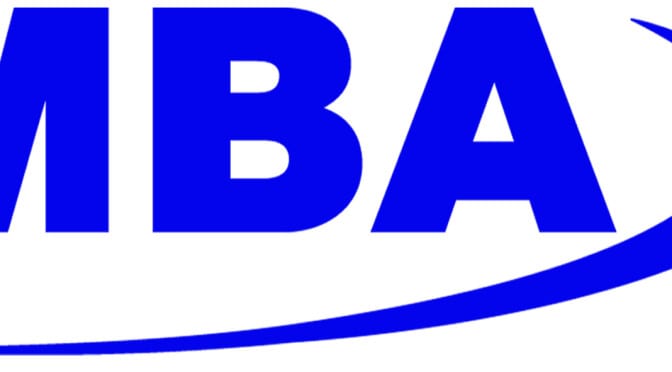MBA Admissions Myth #2: I will be denied admission because I am too young/old.
MBA AdmissionsMyth #3: I will be denied admission because I have too little/much work experience.
Since these two are very related, I’m going to discuss them together.
While the mean age of first year MBAs is 28, many people are admitted who are much younger and older than 28. According to the class profile posted online on an MBA school website, the class of 2007 ranges in age from 21 years old to 40 years old.
Similarly, 64% of the class of 2007 worked 5-8 years before matriculating. However, you also need to note that 1% of the class (a small number I know) reported 0-1 years before matriculation and 17% worked 9+ years before school.
These statistics give us an idea of the age and years of work experience of the AVERAGE MBA student, but they tell you nothing about your chances of admission. While I can’t back this up statistically, I would guess that there are many more people who fit the average profile of 5 years of work experience at age 28 applying to b-school than there are applicants who are age 35 with 12 years of work experience.
The most important thing in assessing your chances of getting in to the MBA is to look at what you’ve done at this point in your career/life. How can you demonstrate through your work/extracurricular that you have the leadership potential prestigious b-schools are looking for?
If you are a young/inexperienced applicant, it is definitely much harder to get in because it is much more difficult for you to show strong leadership potential. It is tempting to go straight from undergrad to grad school, but I would strongly encourage you to consider working full-time for at least a year or two before you start your MBA so even though most b-school does not require work experience for admission to their MBA program. The last four years that I have spent working have taught me a lot about myself, what I like or don’t like in a job, boss, work environment, etc. That helps me have a better idea of what I want to do professionally in the future which in turn will greatly influence the choices I make while attending B-school. Many people have also told me that working full-time gives you a better framework for understanding some of the things you learn in b-school.
If you’re set on applying for an MBA and you’re a young applicant and/or have little work experience, you probably need to look more at your extracurricular activities to demonstrate your leadership potential. Were you President of your fraternity or Treasurer of the China club? Did you choreograph a hula for the International Culture show or serve as your dorm’s Social Director? Within your limited work experience, you can probably also find an instance or two where you acted as a leader even in the most mundane of jobs. You need to emphasize those things in your application.
To give you an example, I’ll share a little about my work experience. My first post-undergrad job was an extremely administrative position with a non-profit. The job was lots of filing, faxing, data entry, fielding phone calls from participants in the study, collating, etc. However, all of this was related to an extremely ambitious evaluation of the non-profit’s family literacy program. While I did not actually design the evaluation or any of its procedures, all of the administrative tasks assigned to me essentially developed into my serving as the evaluation’s coordinator even though that was not my job title or initially in my job description. So the moral of the story is that leadership potential can be found in any job, even one that is most clerical and fairly unexciting.
As for older applicants or those with a lot of work experience, demonstrating your leadership potential in the workplace should be fairly easy. The question you need to ask yourself is why you need an MBA at this point in your career. Given the many years you’ve worked, how will you benefit from leaving the workforce to pursue an MBA versus continuing on the career path you’re already very well along on? If you’re older, you should definitely also consider an Executive MBA. I’ve heard that it’s extremely similar to the MBA but caters a bit more to the needs of older students. Only you can decide which MBA program will best meet your needs.
Basically, AdCom does not care how old you are or how many years you’ve worked. They are looking for you to show your leadership potential in the jobs you’ve had or the extracurriculars you’ve been involved in. You need to make a strong case for why you need to get an MBA from Wharton at this point in your career. If you can successfully do that, you will greatly strengthen your application.


Leave a Reply
You must be logged in to post a comment.